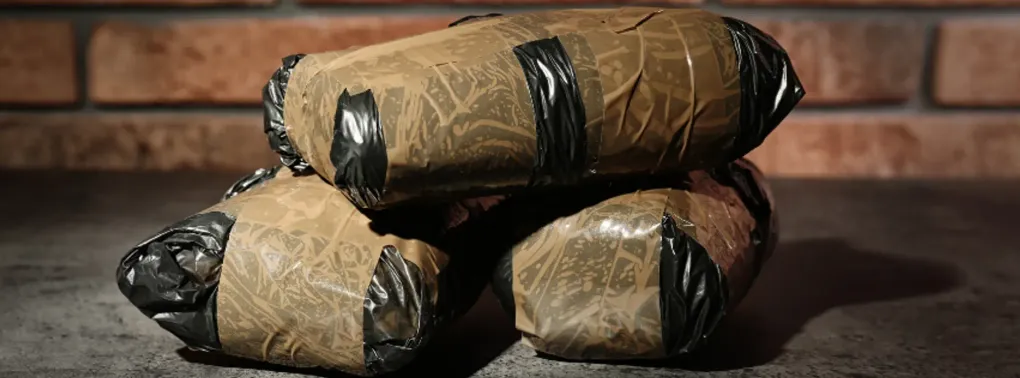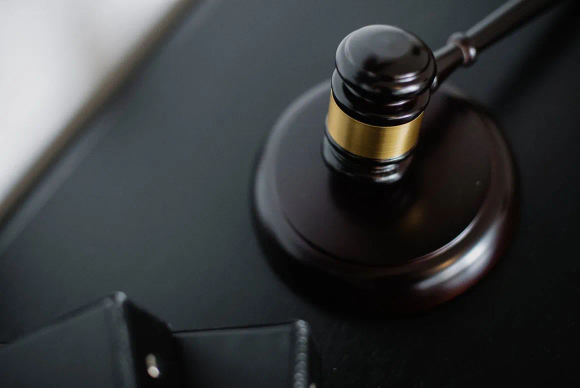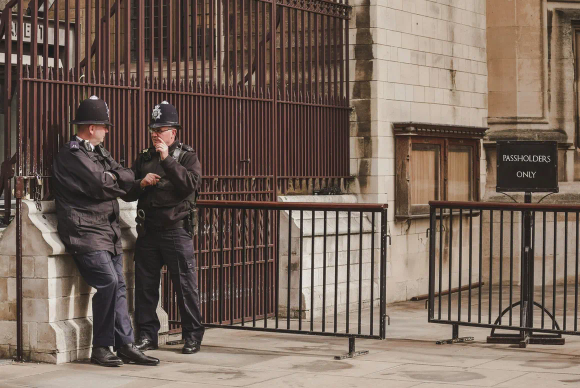Can I get bail for importation of controlled drugs?
Yes, bail is possible, but the court will consider factors like the severity of the charge, risk of reoffending, and flight risk. A solicitor can present arguments to secure bail, often by proposing conditions such as curfews or regular check-ins.
What evidence is used in drug importation cases?
Evidence often includes:
- Intercepted communications (texts, emails, calls).
- Customs reports detailing the discovery of drugs.
- Surveillance footage or tracking data.
- Witness testimony and financial records.
Your solicitor can challenge the validity and interpretation of this evidence.
How can a solicitor help with drug importation charges?
A solicitor protects your rights, reviews evidence for flaws, and builds a tailored defence strategy. At MMA Law, we challenge procedural errors, scrutinise evidence, and work with experts to weaken the prosecution’s case.
What are the mitigating factors in drug importation cases?
Mitigating factors include:
- A minor role in the offence, such as acting as a courier.
- No prior criminal history.
- Cooperation with authorities.
- Demonstrated remorse or intent to reform.
These factors can lead to reduced sentences.
What happens during a customs investigation?
Customs investigations involve searches at borders, including physical inspections, scanning equipment, and sniffer dogs. If drugs are discovered, customs officials may detain the individual and conduct interviews. Early legal advice is crucial to protect your rights during this phase.
Can I challenge evidence in a drug importation case?
Yes, evidence can be challenged on several grounds, such as:
- Improperly obtained evidence (e.g., unlawful customs searches).
- Procedural errors in handling evidence.
- Misinterpretation of intercepted communications.
A skilled solicitor can identify these weaknesses and argue for evidence to be excluded.
How long do drug importation cases take to resolve?
The timeline varies depending on the complexity of the case. Preliminary stages in the Magistrates’ Court may take weeks, while trials in the Crown Court can extend for several months. Early legal intervention helps streamline the process.






